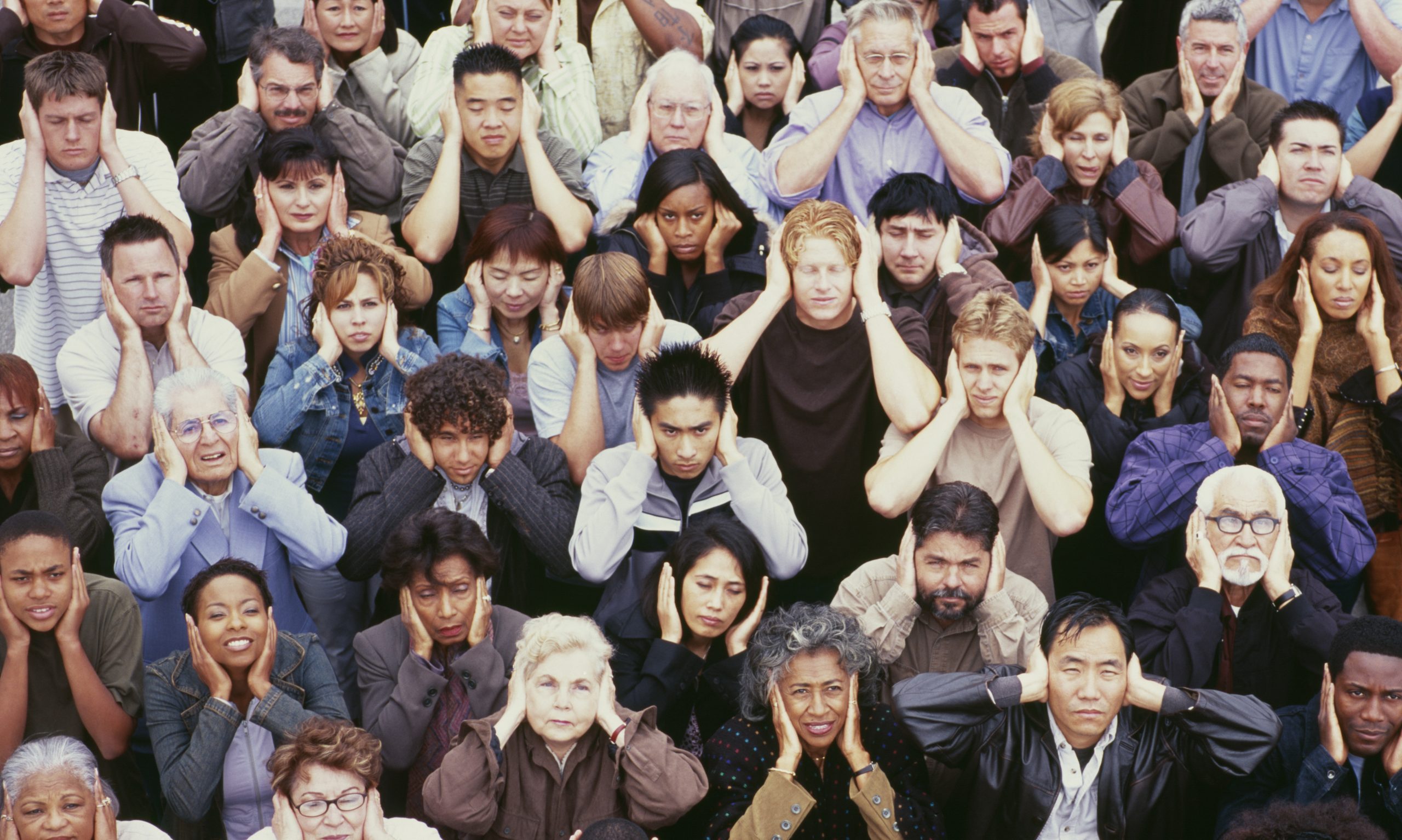The Case for Blocking Lots and Lots of People

Ever wondered why the Constitution “protects the speech of Nazis, Communists, racists, sexists, homophobes, and Andy Rooney”? asked Jonathan Rauch in Kindly Inquisitors, perhaps the best book ever written on offense and the freedom to speak freely.
Rauch answered that we ought to tolerate those folks, some of whom would later be labeled deplorables, because “they may be right. And, if they turn out to be wrong, it does us good to hear what they have to say so that we can criticize their beliefs and know why they are wrong.”
That always sounded almost right, though too high minded and far too political to these ears. We shouldn’t be quick to shut people with offensive opinions out because they might be right about other things.
Your racially insensitive cousin might be wrong on some points, but right about what’s wrong with your refrigerator. Your next-door neighbor may be wrong about a flat Earth but right about how to fix a flat tire. Your fellow churchgoers might be wrong about the descent of man but right about how to cook a decent steak.
Now some people have done horrible things that make it desirable to simply shun them, of course. But I generally believed variety in associations and influences made us better, and sought to live that out. Then along came the ongoing freakout following the 2016 elections, and that belief was tested.
It wasn’t one thing that broke my resolve, but an accumulation. Provocations didn’t come from only one side of the political aisle. It was the clickbait and the click hate, the fake news and the fake outrage, Twitter mobs and Facebook frogs, Russian bots and American thots, Antifa and MAGA, that did it all together.
As the vitriol cascaded, I reached for an umbrella and started blocking and unfollowing like crazy. And you know what? I felt immediate relief. A lot of others have felt that same dopamine rush that comes with banishing very irksome people to the social media equivalent of Outer Mongolia. It’s hard to get good numbers on the full scope of blocking and muting and unfollowing, but it is happening on a massive scale. I call it the Great Blockening.
How widespread is this phenomenon? If you have a Twitter account, the website blolook.com attempts to track the number of Twitter accounts that are blocking you as well as those accounts that you are blocking. As a third party service, its data are incomplete. It has 2.7 million currently registered accounts and has detected about 2.1 BILLION blocks. That number is an undercount, but it’s unclear by a factor of what.
Blocking seems to happen less on Twitter’s social media competitor Facebook, for two reasons. One, there is the pretense when you follow people that these are all your “Facebook friends.” That may make make people hesitate ever-so-slightly before putting up a formal barrier. They will often opt to “unfollow” instead.
Unfollowing means that what these Facebook still-friends post to the site will not be seen in your feed, but you can easily go and check on them and search through the real reason that many stay on Mark Zuckerberg’s data mining operation: for the pictures.
The amplification of annoying voices and our current politics have made Twitter a toxic place on the Internet. Disney had struck a deal to buy Twitter to promote its new Disney Plus streaming service. At the last minute, then-Disney CEO Bob Iger pulled out of it. He was widely quoted as saying that the “nastiness” on full display there was “extraordinary.” Asked by Businessweek if he’s still glad he backed out of that deal, Iger said, “every day.”
Folks increasingly agree with the former Disney boss about the nastiness of Twitter and exercise the ultimate block, by leaving. The platform lost 5 million users in the final quarter of last year, making for three quarters in a row of contraction. This fact was so embarrassing that Twitter decided to stop disclosing the number of active users.
Twitter is also where America’s remaining journalists hang out, in vastly disproportionate numbers to the general population. Which might help to explain the mobbish, shouty tone of so much news coverage this year.
The Constitution guarantees that everyone gets to have their say. That’s a freedom that the Framers were surely right to insist upon. It ought to continue to be protected in law, to help prevent genuine tyranny.
Yet there’s nothing inherent in your freedom of speech that should compel the rest of us to listen, especially if you aren’t willing to come with facts, reason, use an inside voice, and shut up and listen yourself once in a while.
We are a free people, not a captive audience. Increasingly Americans are saying, “Enough with this nonsense” and using the tools we have at our disposal to block it out. That is a glorious thing.
Jeremy Lott is an American writer, editor, and pundit.
Comments